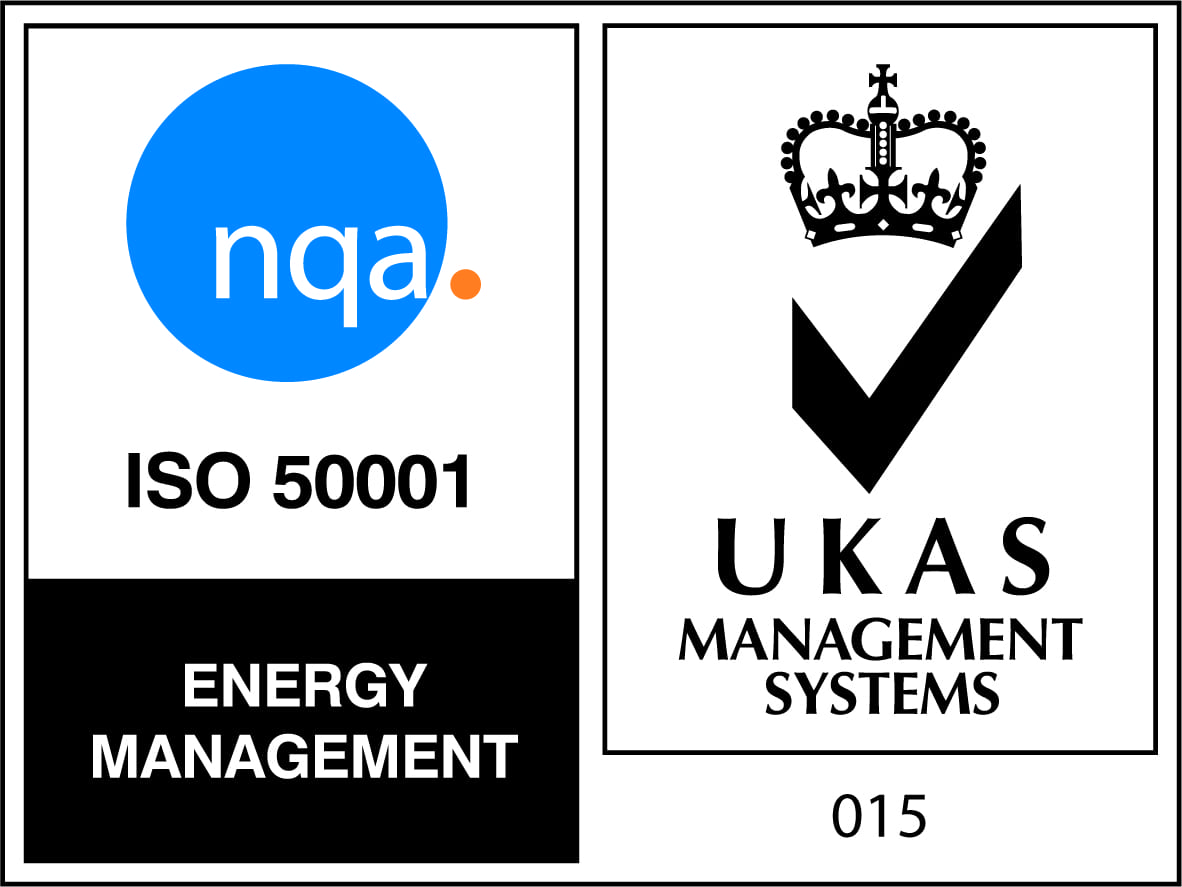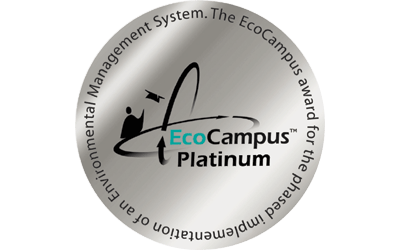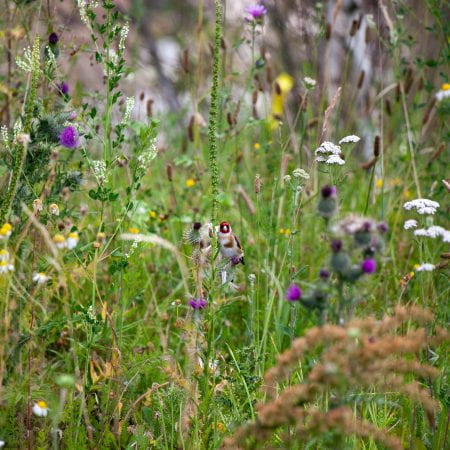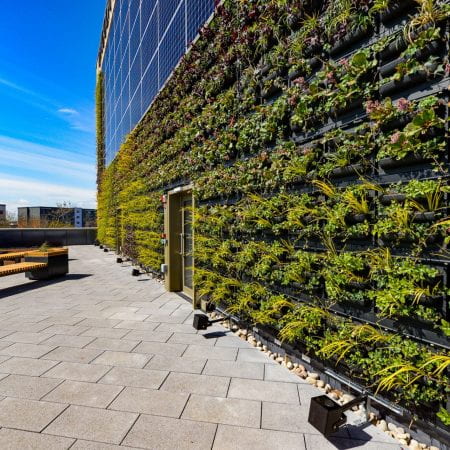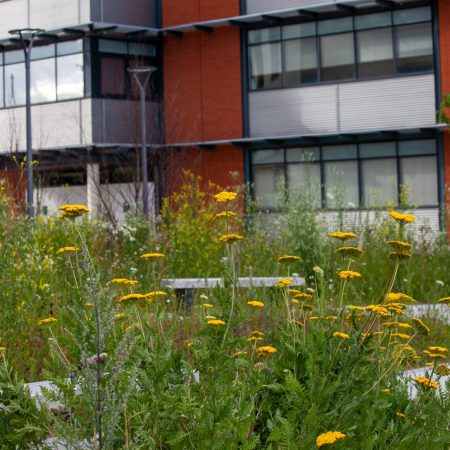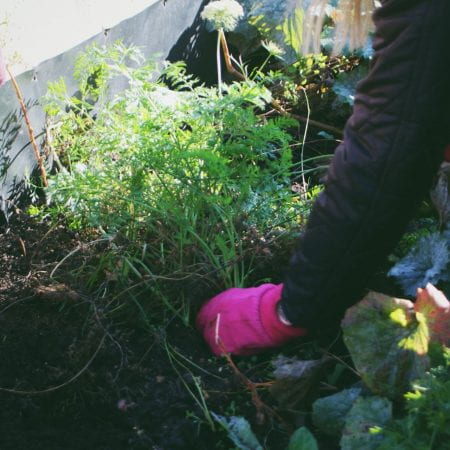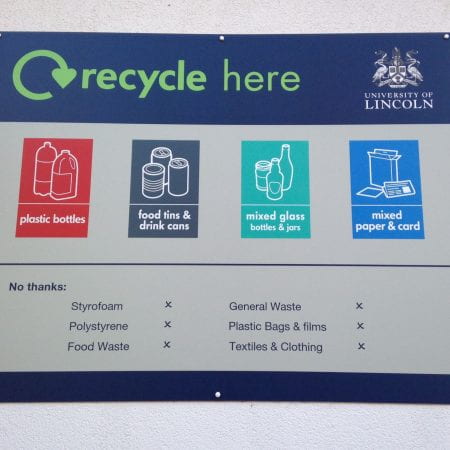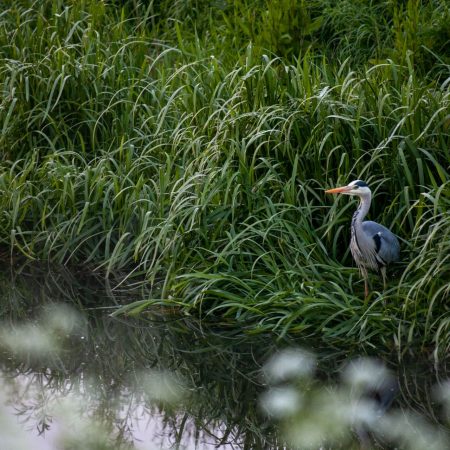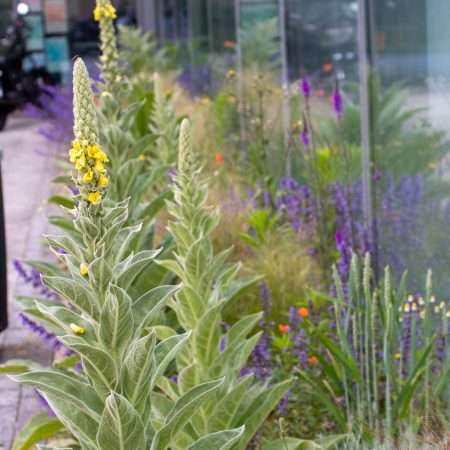As a rapidly growing University we know that our activities will have an impact on the environment.
This is why we’re working to become a more sustainable organisation, and using our resources to make a positive contribution to environmental sustainability; through student engagement, biodiversity enhancement and research.
Creating Sustainable Futures
Our sustainability strategy sets out our ambition for sustainability at the University of Lincoln and introduces our priorities up until 2027.
Our aims are to:
- Follow best sustainable practice and we will embed our net zero vision in every area of Estates’ activity.
- Ensure our research and enterprise will contribute to sustainability, locally and globally.
- Provide opportunities for our students will learn about discipline-relevant sustainability challenges and have the opportunity to enhance the sustainability of our campuses.
- Set a community approach to sustainability involving staff, students, and the public.
- Provide visible leadership in sustainability.
The links below provide detailed information on our strategy, carbon management plan and an update on how we’re progressing:
Page last reviewed November 2025
A Sustainable Campus
Minimising the impact that our operations have on the environment and where possible, using our resources and facilities to leave a positive legacy. This theme encompasses activities including resource use, greenhouse gas emission reduction, energy efficiency and the enhancement of biodiversity.
Environmental Audits & Environmental Management Systems
You can find details regarding our Environmental Management System strategy(opens in a new tab) here. In 2019 we achieved ISO14001 certification and EcoCampus Platinum Award for environmental management.
We have recertified for these standards each year since.
Carbon Management
Please click here to find the University of Lincoln’s 2022 – 2030 Carbon Management(opens in a new tab) plan. Further information can be found on our HESA EMR return.
Scope 3 emissions of carbon dioxide from the University’s activities are measured annually and are reported as part of HESA EMR returns and will be included in our EMS annual reports.
Sustainable Food
At the University of Lincoln we’re striving to incorporate sustainable food within its structure. We have edible gardens throughout the campus including apple trees and the eventual veggie patch, free drinking water available throughout the campus and we actively encourage our catering department to be more sustainable in their food procurement. You can learn about our different initiatives here: Sustainable Food Guide(opens in a new tab).
FoodLinc Catering ensure that there are daily vegetarian or vegan options on the menu.
Drinking water is available for free in all our catering outlets and drinking water fountains are available throughout the campus.
The University has a vegetable garden on campus allowing staff and student to learn new skills and grow vegetables that they can take home (surplus products are donated to Mint Lane cafe).
Waste Management
The University receives monthly updates on general waste and recycling volumes generated around the Campus. These are recorded and any discrepancies are investigated. Read more about the current waste strategies the university has(opens in a new tab).
The university is constantly changing and expanding, as part of this a waste management strategy, including hazardous and WEEE, has been put in place.
A Sustainable Culture
As a University looking to the future, we aim to develop our approach around environmental sustainability and provide our students and staff with opportunities to help tackle environmental issues through volunteering opportunities, operational changes or their own research. By engaging our students, local communities and partner organisations in such initiatives, we can make a meaningful contribution to both our local and global environment.
Human Resources for Sustainability
We have ten full-time dedicated members of staff who are committed to improving environmental sustainability within the university, improve waste & recycling procedures, manage parking and travel, and reducing its energy consumption. With a further five members heavily involved in the management of the external environment of the Estate by improving biodiversity on campus and developing sustainable farming procedures for our Riseholme campus.
In addition to this, we have over 50 members of staff who are our Staff Sustainability Advocates (SSA). These colleagues work within different Colleges and Professional Service departments across the university and aim to embed sustainable practises.
Our Union members are also represented within the Sustainable Advocate network, which feeds into the Environmental Sustainability Committee. In addition, the Sustainability Team have a quarterly meeting with Unison representative to discuss any upcoming projects and take on feedback from their members.
The Sustainability and Social Impact Forum meets once a quarter to discuss environmental and energy issues within the university and, how they can be addressed and overcome. The outcomes and discussions made within this forum are fed back to the University of Lincoln Senior Leadership Committee.
Each year the University allocates a ‘Environmental Sustainability’ budget that can be spent on behaviour change initiatives, informative workshops and other items to support the department’s needs. There is also funds for the SSAs to delivery projects within their teams.
Learn how staff can get involved in other in Sustainability Initiatives.
Ethical Investment
The University currently has no investments in fossil fuels or arms. Further details on ethical investment can be seen here.
» Ethical Investment Policy(opens in a new tab)
The Ethical Investment Policy links closely with the University’s Code of Ethics(opens in a new tab), which also addresses environmental issues.
Read more about the University of Lincoln Governance and Finances.
Workers Rights
We currently pay more than the Living Wage – but are not accredited. You can see sample grade scales on the University Current Vacancies page on the main University website: https://jobs.lincoln.ac.uk/(opens in a new tab)
More information regarding our procurement strategy can be found on our Policies and Reporting(opens in a new tab) pages.
The University of Lincoln is part of the North Eastern Purchasing Consortium (NEUPC).
Staff and Student Engagement
The Environmental Sustainability Strategy(opens in a new tab) includes Staff and Student Engagement
As part of the induction process each new staff member at the University receives an email which includes information on sustainability and they attend the ‘Lincoln Welcome’ which includes a presentation on the Estate and the ways they can help reduce the University’s carbon footprint.
Our social media and internal communication channels allow the Environmental Sustainability team to effectively engage with staff and students about projects, events and initiatives.
There are frequent opportunities for both staff and students to be involved in events, the biggest event held each year is the Climate Action Festival, which continues to grow throughout the City of Lincoln.
Our Get Involved page(opens in a new tab) has more information about activities staff and students can get involved in.
Collaboration for Change
Being a local partner for sustainable initiatives. We know that we can’t achieve our sustainability goals alone, so we’ll be working with colleagues from across the University, Student Union and beyond to implement sustainability-related initiatives such as the enhancement of the natural environment, contributing to the achievement of Lincoln’s Fairtrade City status, and where possible supporting local businesses.
Education for Sustainability Development
The University is developing a new programme for Education for Sustainable Development (ESD), this is included within the Environmental Sustainability Strategy(opens in a new tab).
The University is actively encouraging our Academic Staff to include sustainability elements into their courses and the Sustainability Team is available to support these initiatives. Academic staff are invited to contact Rebecca Forster, Sustainability Manager, if they are interested in having one of the team deliver a lecture, seminar or workshop for students.
Staff and Students can undertake a number of different courses delivered through the University, including:
- Carbon Literacy Training
- Introduction to Sustainability at the University
- Waste Management, and
- Workshops delivered during the Climate Action Festival Week
Click here for further details of these training opportunities.
Community
The University of Lincoln is committed to delivering environmental sustainability initiatives and opportunities both nationally and to the local community.
The University understands that residences and groups local to all campuses have a vested interest in how the University operates sustainably and what impact it may also have.
We are happy to promote sustainability events around Lincoln on our social media, please feel free to get in touch by emailing environment@lincoln.ac.uk
Get Involved
There are a variety of projects taking place, which you can get involved in; from our edible campus project, Hedgehog Friendly Campus, or our Climate Action Festival, to walk/cycle to work days or the annual ‘Brayford Pool clean-up’ day. Get Involved
Email us at environment@lincoln.ac.uk to get ask about different opportunities. Or you can contact us on social media via Threads, Facebook or Instagram to get involved.
Accreditations, Certifications and Awards
We have achieved certification to ISO 14001, for Environmental Management, and ISO 50001 for Energy Management. We’ve also been awarded EcoCampus Platinum Award for our Environmental Management System (EMS).
Our current environment policy can be found on our Policies webpage.
